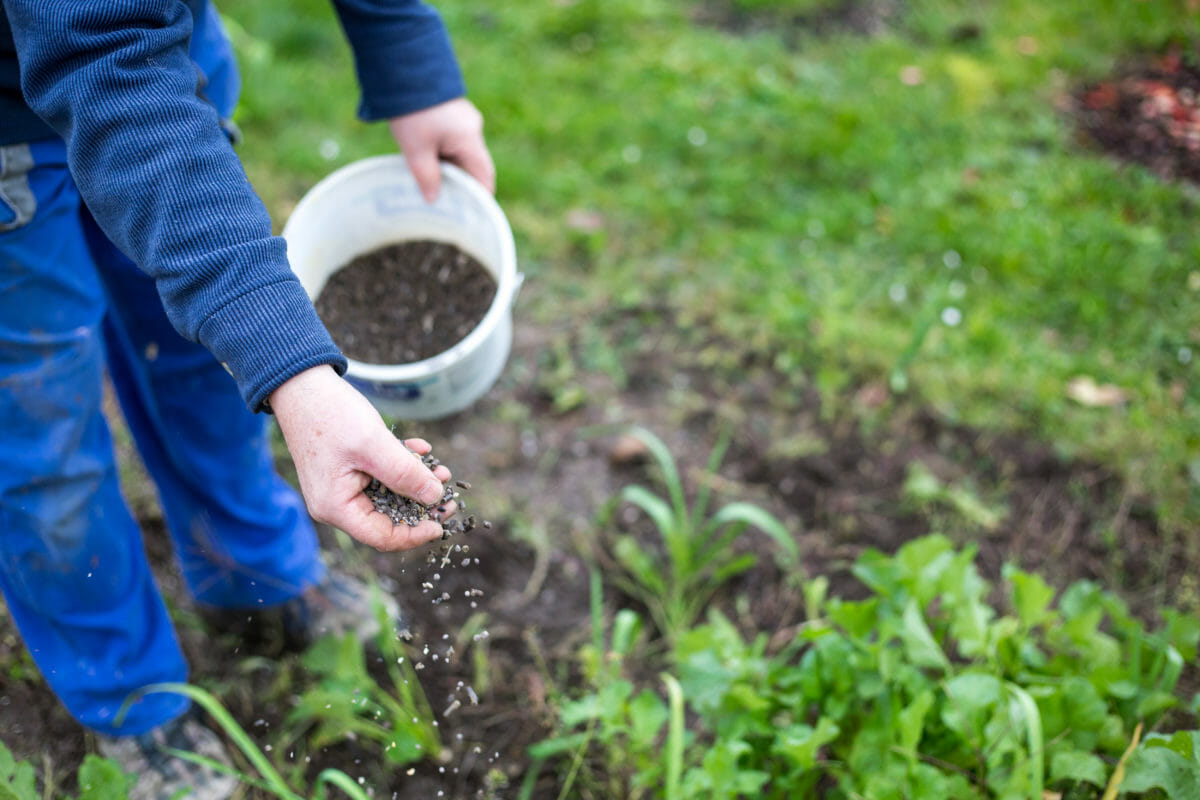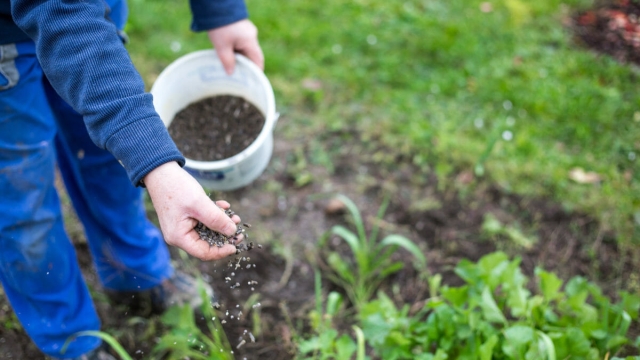Organic Secrets: Unleashing the Power of Soils and Fertilizers
Discovering the true potential of organic soils and fertilizers can revolutionize the way we approach farming and gardening. With a growing concern for our environment and the desire to cultivate healthier crops, the significance of organic practices cannot be overstated. Organic soils and fertilizers, derived from natural sources, offer a sustainable and eco-friendly alternative to conventional farming methods.
The key to understanding the power of organic soils and fertilizers lies in their composition. Rather than relying on synthetic chemicals, these organic options are rich in nutrients and beneficial microorganisms that work synergistically to promote soil health. By prioritizing the use of organic matter, such as compost and manure, we can create soil that is teeming with life, full of essential nutrients, and capable of supporting the growth of resilient and robust plants.
Unlike their chemical counterparts, organic soils and fertilizers nurture a balanced ecosystem within the soil. This, in turn, enhances plant growth and resilience while reducing the likelihood of pests and diseases. From vegetable gardens to vast farmlands, organic practices have shown remarkable results in improving soil structure, water retention, and overall crop quality.

In the following sections of this article, we will explore in detail the benefits of adopting organic soils and fertilizers in farming and gardening. We will delve into the science behind this natural approach and provide insights on how to make the most of organic matter for optimum plant growth. Get ready to unlock the secrets of organic soils and fertilizers and embark on a sustainable journey towards a greener future.
Benefits of Organic Soils
- late summer vegetable planting zone 6
Increased Nutrient Availability: Organic soils provide a rich source of nutrients for plants. These soils contain organic matter such as compost, manure, and plant residues, which break down slowly over time, releasing nutrients gradually. This ensures a steady supply of essential elements that are readily available for plant uptake, promoting healthy growth and development.
-
Improved Soil Structure: Organic soils have a crumbly texture that enhances their ability to hold water and allow for proper drainage. The presence of organic matter improves soil aggregation, resulting in the formation of stable soil aggregates. This, in turn, creates a well-structured soil with good aeration and porosity, facilitating root penetration and the exchange of gases between the soil and the atmosphere.
-
Enhanced Soil Fertility: Organic soils teeming with microorganisms foster a healthy and diverse soil ecosystem. Soil organisms, such as earthworms, bacteria, fungi, and other beneficial microbes, help decompose organic matter and release nutrients in forms that plants can readily use. Additionally, these organisms contribute to the overall fertility of the soil by cycling nutrients, suppressing harmful pathogens, and improving nutrient retention capacity.
Remember, organic soils offer a multitude of benefits that promote sustainable agriculture and contribute to the overall health of our environment.
Understanding Organic Fertilizers
Organic fertilizers play a vital role in enhancing the health and productivity of soils in a natural and sustainable way. Derived from living matter, these fertilizers are rich in essential nutrients that promote optimal plant growth. Unlike their synthetic counterparts, organic fertilizers are derived from natural sources and are free from harmful chemicals.
One of the main benefits of organic fertilizers is their ability to improve soil structure and fertility over time. They contain organic matter such as compost, manure, and plant residues, which help to increase the soil’s water-holding capacity and nutrient retention. These organic materials also encourage the growth of beneficial microorganisms, such as bacteria and fungi, which support nutrient cycling and overall soil health.
Another advantage of organic fertilizers is their slow-release nature. Unlike synthetic fertilizers that release nutrients rapidly, organic fertilizers break down gradually, providing a steady and sustained supply of nutrients to plants. This reduces the risk of nutrient leaching and helps to prevent soil degradation. Additionally, organic fertilizers help to stimulate the development of a diverse and robust soil ecosystem, enhancing the natural resilience of plants to pests and diseases.
Furthermore, organic fertilizers contribute to the long-term sustainability of agricultural practices. They are renewable and can be produced locally, reducing reliance on fossil fuel-based fertilizers that have negative environmental impacts. By utilizing organic fertilizers, farmers can reduce their carbon footprint and promote a more ecologically balanced farming system.
In conclusion, understanding the benefits of organic fertilizers is crucial for sustainable agriculture. These natural fertilizers contribute to soil health, improve nutrient availability, and support a resilient and environmentally-friendly farming approach. By harnessing the power of organic soils and fertilizers, we can cultivate healthier crops while preserving the long-term vitality of our planet.
Best Practices for Using Organic Soils and Fertilizers
Organic gardening enthusiasts understand the importance of using organic soils and fertilizers to maintain a healthy and sustainable garden. By following these best practices, you can maximize the benefits of organic materials and nurture your plants naturally.
-
Prioritize Soil Health: Begin by focusing on the quality of your soil. Perform regular soil tests to assess its pH levels, nutrient content, and texture. Understanding your soil’s characteristics will guide you in choosing the right organic amendments and fertilizers to enhance its health and fertility.
-
Compost is King: Incorporating compost into your garden is a fantastic way to boost soil fertility. Compost enriches the soil with essential nutrients and encourages beneficial microbial activity. Aim to apply a layer of compost to your garden beds every year, preferably in the early spring before planting. This practice will promote healthy plant growth and increase the soil’s water-holding capacity.
-
Practice Crop Rotation: Rotating your crops annually is an effective strategy to prevent soil nutrient depletion and minimize the buildup of pests and diseases. Different plants have varying nutrient requirements, so rotating crops helps ensure a balanced nutrient cycle within the soil. Follow a systematic rotation plan by categorizing crops into groups based on their nutrient needs and planting them in different sections of your garden each year.
By adhering to these best practices, you can harness the power of organic soils and fertilizers to create a thriving and sustainable garden ecosystem. Remember, healthy soil is the foundation of successful organic gardening, and by adopting these principles, you are paving the way for bountiful harvests and vibrant plant life.
